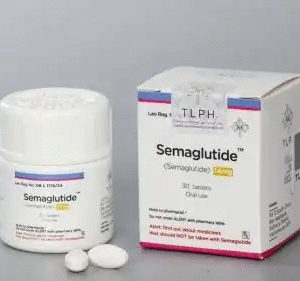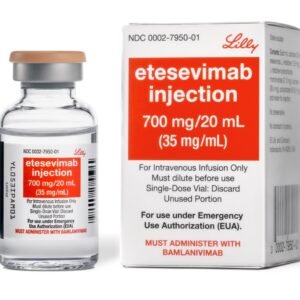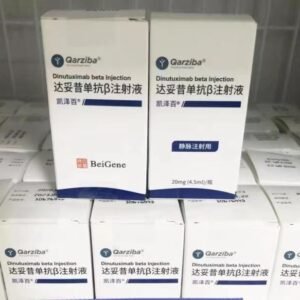Phenylephrine Hydrochloride Injection
[Indications]
Used to treat shock and maintain blood pressure during anesthesia. Also used to treat supraventricular tachycardia.
[Specifications] 1ml: 10mg
[Usage and Dosage] (1) Vasoconstriction: 1mg of this product can be added to every 20ml of local anesthetic solution to reach a concentration of 1:20000; during subarachnoid blockade, every 2-3ml reaches a concentration of 1:1000. (2) Increase blood pressure, mild or moderate hypotension, intramuscular injection of 2-5mg, the interval between re-administration should not be shorter than 10-15 minutes, intravenous injection of 0.2mg once, and administration every 10-15 minutes as needed. (3) Paroxysmal supraventricular tachycardia: the initial dose is 0.5mg intravenously, injected in 20-30 seconds, and the dose is increased gradually thereafter, and the dose added each time should not exceed 0.1-0.2mg, and the dose is limited to 1mg at a time. (4) Severe hypotension and shock (including drug-related hypotension) can be treated with intravenous administration, 5% glucose injection or sodium chloride injection per 50
[Adverse Reactions] 1. Chest discomfort or pain, dizziness, irritability, tremor, dyspnea, weakness, etc., are generally rare, but should be paid attention to when they persist. 2. Persistent headache and abnormal slow heart rate, vomiting, head swelling or numbness and tingling in the hands and feet, indicating that the blood pressure is too high and the dosage should be taken seriously immediately and the dosage should be adjusted; reflex bradycardia can be corrected with atropine, and other symptoms of overdose can be treated with α-receptor blockers such as phentolamine. 3. When intravenous administration is used to treat paroxysmal tachycardia, the heart rate often increases or becomes irregular, indicating an overdose.
[Contraindications] It is contraindicated in patients with hypertension, coronary artery sclerosis, hyperthyroidism, diabetes, myocardial infarction, and those who have used monoamine oxidase inhibitors within the past two weeks.
[Precautions] 1. Cross-allergic reaction: People who are allergic to other sympathomimetic amines such as amphetamine, ephedrine, epinephrine, isoproterenol, norepinephrine, metaproterenol, and metaproterenol may also be abnormally sensitive to this product. 2. Use with caution in the following situations: patients with severe atherosclerosis, bradycardia, hypertension, hyperthyroidism, diabetes, cardiomyopathy, heart block, ventricular tachycardia, peripheral or mesenteric artery thrombosis, etc. 3. In addition to regular blood pressure measurement during treatment, other necessary inspections and monitoring should be performed according to different situations. 4. Prevent the drug solution from leaking out of the blood vessels and causing ischemic necrosis.
Share:
Products
Our offers
Health Classification
Let us work together to protect precious health



























